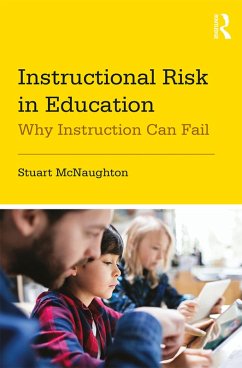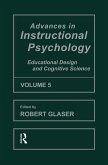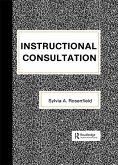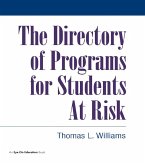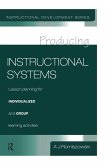This book is based on the idea that instruction carries in-built risks, and instructional practices can be counterproductive unless used with care. Referencing a wide range of approaches to increasing effectiveness, Instructional Risk provides an explanation of why some forms of instruction are less powerful than they should be. Elaborating on rather than advising against these forms of instruction, it illustrates how teachers can use instructional practices effectively through managing risk and being adaptive in their use of them in the many and dynamic microsystems of the classroom.
The book is unique in bringing together disparate evidence from a range of research areas and across core curriculum areas of English Language Arts, mathematics and science, for a theory of 'Instructional Risk'; the basic proposition for which is that instructional approaches carry known and predictable risks. The book focuses on the expertise required to overcome risks, which are exaggerated for children from communities not well served by our schools. The book is also a critique of research that is 'programmatic' and limited to experimental evidence and summaries of that evidence which are uncritically developed into statements about 'What Works'.
Made to be both an explication of the theory through repeated examples as well as a technical resource, this book will be vital reading for lecturers and postgraduate students of Education and Educational Psychology.
The book is unique in bringing together disparate evidence from a range of research areas and across core curriculum areas of English Language Arts, mathematics and science, for a theory of 'Instructional Risk'; the basic proposition for which is that instructional approaches carry known and predictable risks. The book focuses on the expertise required to overcome risks, which are exaggerated for children from communities not well served by our schools. The book is also a critique of research that is 'programmatic' and limited to experimental evidence and summaries of that evidence which are uncritically developed into statements about 'What Works'.
Made to be both an explication of the theory through repeated examples as well as a technical resource, this book will be vital reading for lecturers and postgraduate students of Education and Educational Psychology.
Dieser Download kann aus rechtlichen Gründen nur mit Rechnungsadresse in A, B, BG, CY, CZ, D, DK, EW, E, FIN, F, GR, HR, H, IRL, I, LT, L, LR, M, NL, PL, P, R, S, SLO, SK ausgeliefert werden.

